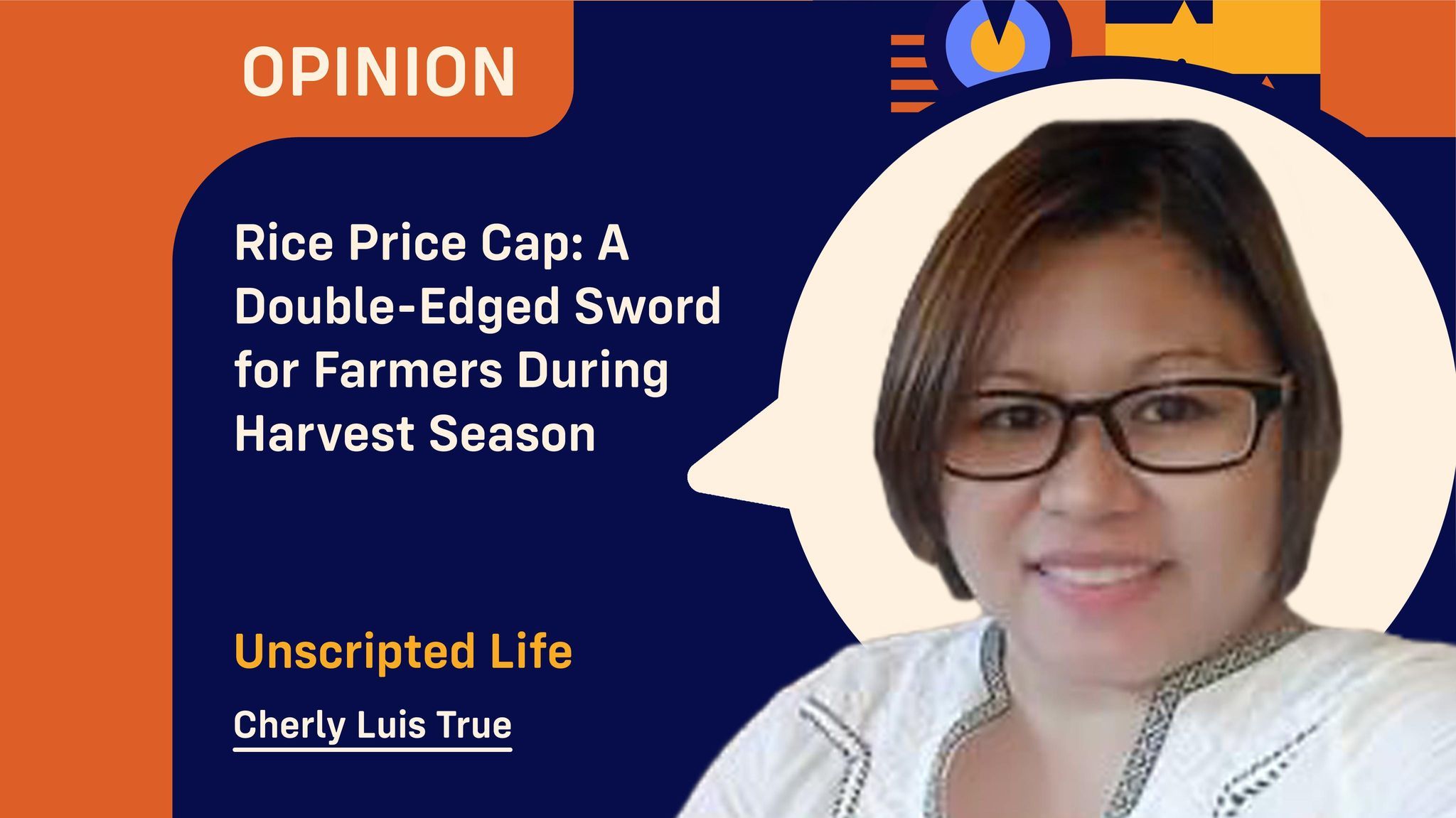Rice, often called the "staple of life," is crucial in global food security. It is the primary source of sustenance for over half of the world's population, especially in Asia and Africa.
In many of these regions, rice farming is a way of life, and millions of farmers depend on it for their livelihoods. However, during the harvest season, implementing price caps on rice can have significant and sometimes unintended consequences for these farmers.
Governments typically implement price caps on rice to protect consumers from volatile price fluctuations. These caps aim to ensure that rice, a fundamental dietary staple, remains affordable for all, particularly those with limited financial means. In this regard, price caps are necessary to combat food inflation and provide food security to vulnerable populations.
However, while the intentions behind price caps may be noble, their impact on rice farmers during the harvest season can be detrimental.
Food shortage exacerbated
Farmers often find themselves caught between low guaranteed prices and rising production costs when governments impose price caps on rice. This creates a disincentive for farmers to invest in their crops, leading to decreased production. As a result, the overall rice supply can be affected, potentially exacerbating food shortages in the long run.
Price caps mean farmers receive lower prices for their rice than they might have earned in a free-market scenario. This reduced income can make it difficult for farmers to cover production costs, purchase necessary inputs, or improve their farming techniques.
Over time, this can push farmers further into poverty and discourage young people from entering the agriculture sector.
To meet the price caps, farmers may compromise on the quality of their produce, using lower-quality seeds, fertilizers, and pesticides. This not only affects the nutritional value of the rice but also has long-term consequences for soil health and the environment.
When farmers feel they are not getting fair prices for their rice due to price caps, they may sell their produce on the black market at higher prices. This undermines the government's efforts to control costs and perpetuates an informal, unregulated market that can be detrimental to the overall economy.
Equitable approach
Price caps can lead to unintended consequences, such as rice smuggling across borders or a shift in farmers' focus to other crops not subject to price controls. This can disrupt local economies and agricultural ecosystems.
In conclusion, price caps on rice may be well-intentioned measures to protect consumers from rising food costs.
Still, they often come at a significant cost to rice farmers, particularly during the crucial harvest season. While addressing food security concerns is essential, it is equally important to strike a balance that ensures farmers receive fair compensation for their hard work and encourages sustainable agricultural practices.
Policymakers must consider the long-term consequences of price caps and explore alternative approaches supporting consumers and farmers more equitably.
#UnscriptedLife #CherylLuisTrue #RicePriceCap #ADoubleEdgedSwordForFarmersDuringHarvestSeason #Farmers #PriceCap #Rice #HarvestSeason #OpinYonColumn #OpinYon #WeTakeAStand
